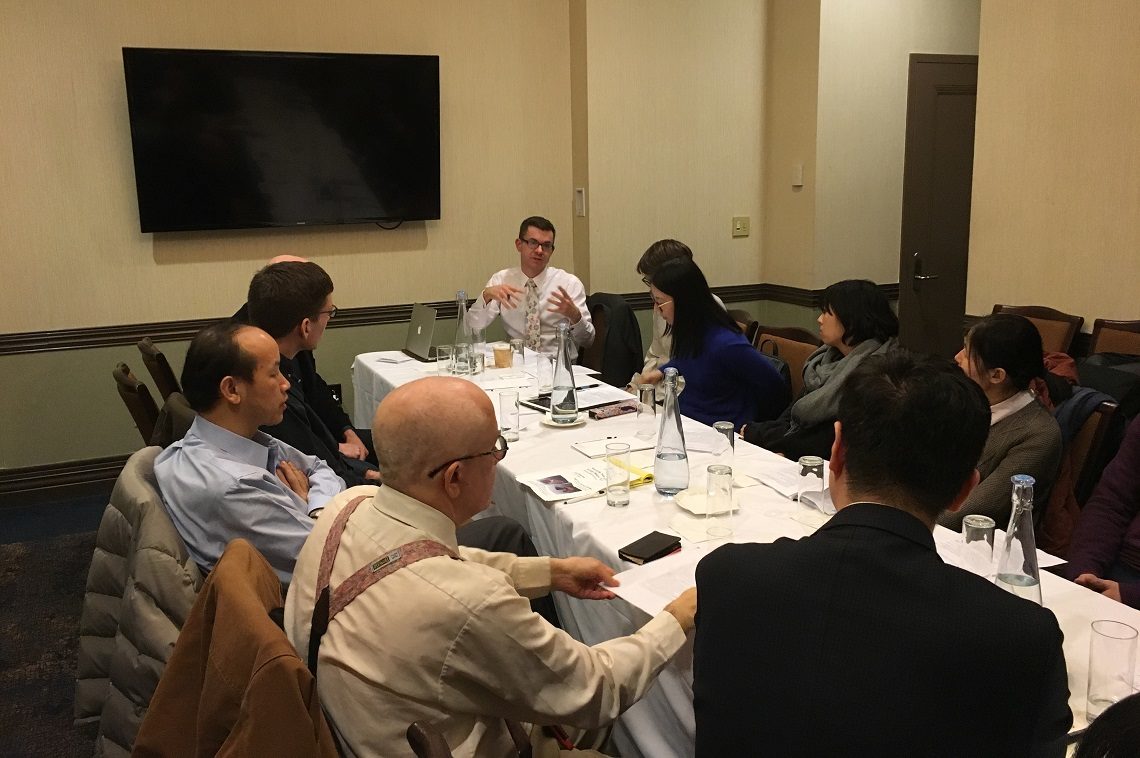March 02, 2018
Early China Seminar Lecture Series
Title: “Notes on the Note (ji 記) in Early Chinese Manuscripts: Between Administration and Affect”
Speaker: Luke Habberstad, University of Oregon
Time: March 02, 2018 (4:30-6:30 PM)
Location: 1754 Board Room, Faculty House
Students of early Chinese manuscript culture continue to debate various typologies of the ever-growing corpus of excavated evidence. Many, however, at least implicitly agree on a distinction between “administrative” documents on the one hand and “literary” or “philosophical” manuscripts on the other, and correspondingly focus on the different conventions that characterized both categories. The distinction is by no means unhelpful or wholly inaccurate, but it nonetheless raises the question: Are all “administrative” documents bereft of “literary” affectations?
The paper explores this and related questions through an analysis of excavated and received examples, primarily from the Qin and Western Han, of the “note” (ji 記), a murky category that encompassed everything from formal government orders and reports to messages and letters exchanged between people. At the same time, our sources do allow us to trace a transformation in the ji from pre-imperial to early imperial periods: initially referring to annalistic records maintained in state archives, or supposedly ancient texts containing authoritative knowledge, by the Han period the dominant meaning of the ji was “note” or “letter.” Even if the emergence of commentarial practices had a role in this transformation, this essay argues that the expansion and solidification of different types of administrative texts, including “notes” that allowed for more casual orders, efficient communication, and affective exchanges, also played a role. Without calling for the abandonment of the “administrative” vs. “literary” rubric, the paper nonetheless encourages an examination of convention and rhetorical affect in texts central to quotidian government operations in order to better understand key changes in the early Chinese literature.

